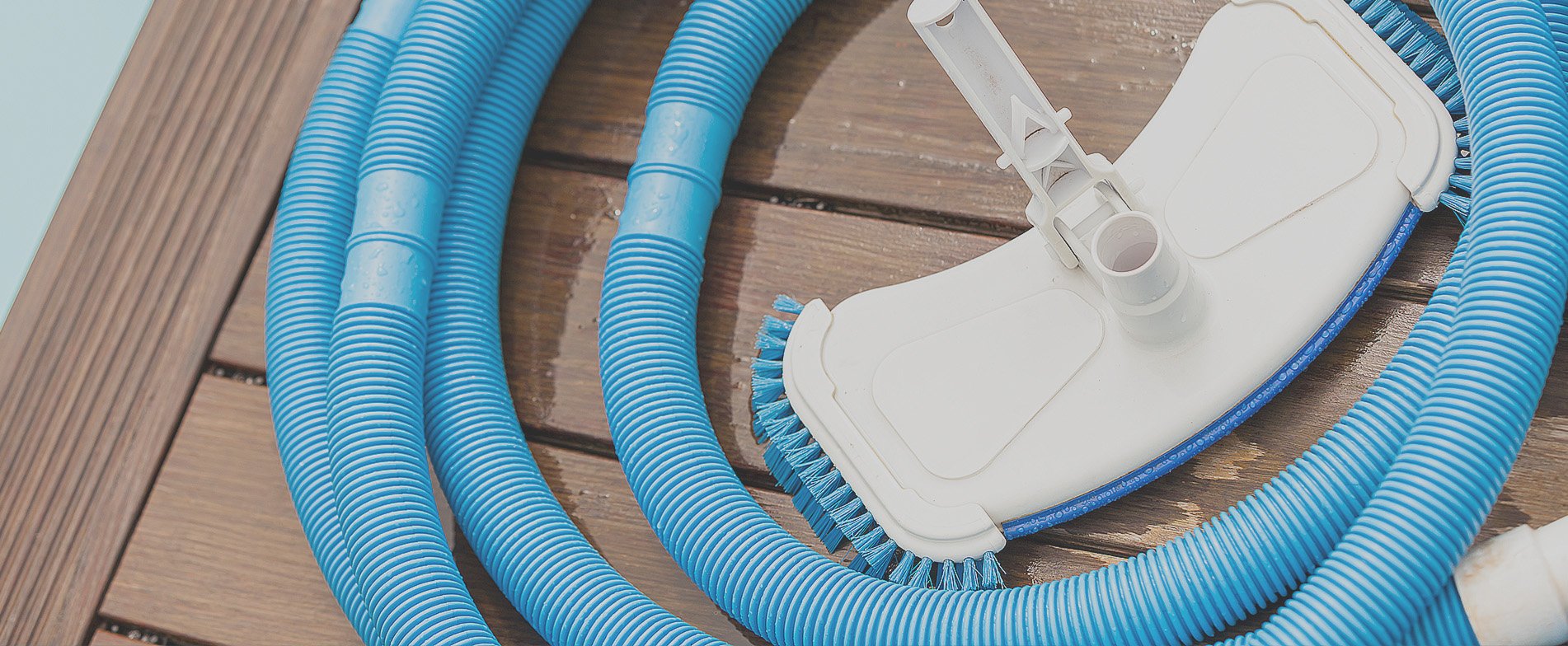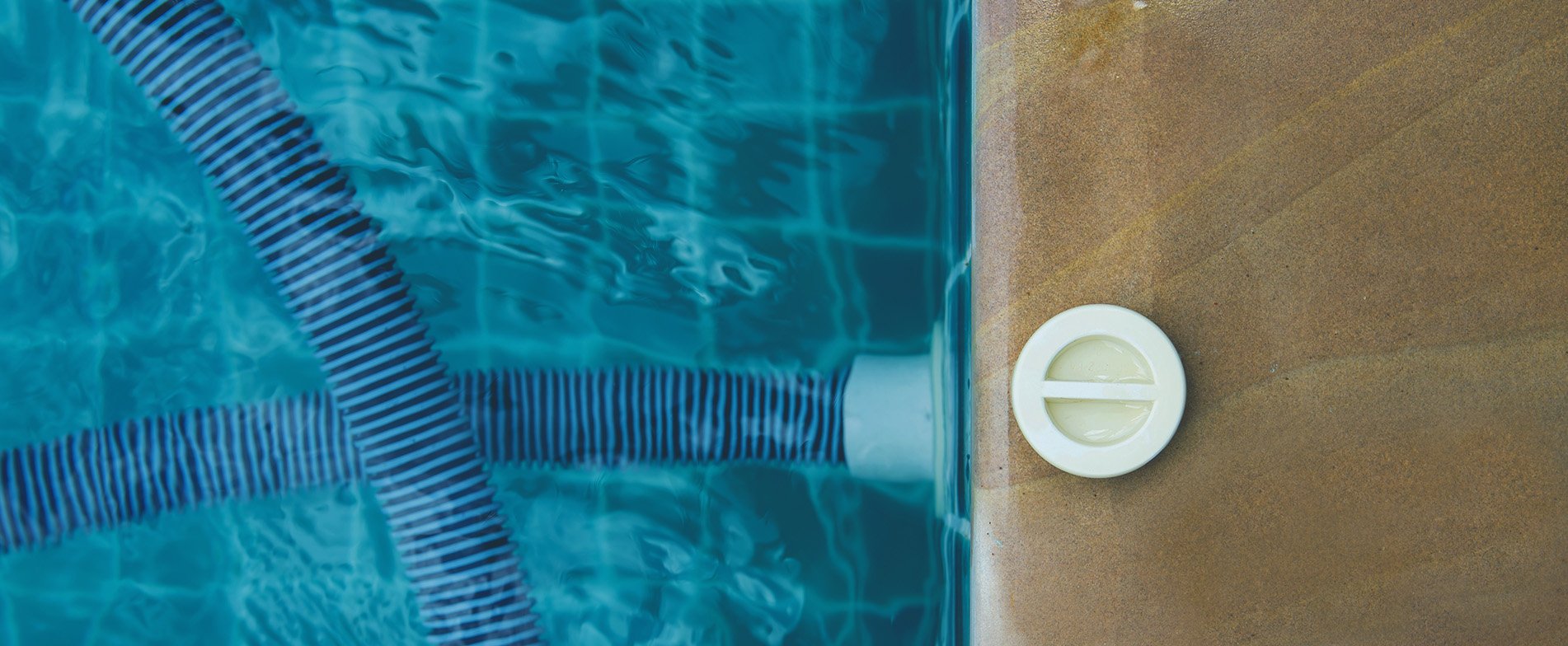What happens when you forget to clean the filter of a fishbowl? The water and the glass turn green. Pool filters, as it turns out, aren’t much different, but they’re often overlooked when it comes to designing and building a pool. What makes them so important? They keep your water clear and safe for swimming.
Each filtration system has advantages and potential drawbacks. Finding the right one requires you to consider factors such as your budget and pool size or type. The goal is to find one that suits your needs and lifestyle, keeping your swimming pool fresh and clean long-term.
In this blog, the pool experts at Garden City Pools explore the various pool filter options, discussing their unique features, maintenance requirements, and cost considerations. When you’re in the process of building a pool, understanding the differences will help you make an informed decision.
Types of Pool Filtration Systems: An Overview
Pool filtration systems keep your pool water crystal clear for a safe and enjoyable swimming experience. There are a couple of options, each with its own set of advantages and potential disadvantages, depending on what you’re looking for.
Here are the different types:
Sand Filters
Sand filters are a popular and cost-effective choice. They use specially graded silica sand as the filtration medium, trapping dirt and debris as water passes through the sand bed.
Here are some key points about these filters:
- Durable and long-lasting, with a lifespan of approximately 5-7 years for the sand
- Require periodic backwashing to remove accumulated debris
- Relatively low maintenance
- Effective at removing larger particles but may struggle with smaller contaminants
- Available in various sizes to accommodate different pool volumes
DE Filters
Diatomaceous earth (DE) filters are known for their exceptional filtration capabilities. They use a fine powder made from the fossilized remains of tiny aquatic organisms called diatoms.
Here’s what you need to know about these filters:
- Highly effective at removing small particles and contaminants
- Require periodic addition and replacement of DE powder
- More complex maintenance compared to sand or cartridge filters
- Available in various sizes to suit different pool volumes
- Provide crystal clear water quality when maintained properly
Cartridge Filters
Cartridge filters are known for their convenience and efficiency. Instead of using sand or DE powder, these filters employ pleated cartridge elements to trap dirt and debris.
Here’s what you should know about cartridges:
- Provide excellent filtration even for small particles
- Require periodic cleaning or replacement, typically every 2-3 years
- Generally require less maintenance than DE filters
- More energy-efficient than sand filters due to lower pressure requirements
- Available in various sizes to accommodate different pool volumes
- More expensive than sand filters
Water Quality Requirements: Determining Filtration Based on Preferences
When you’re thinking about what filtration system will suit you, your water quality preferences are likely a top priority. Are you aiming for crystal-clear, sparkling water free from even the smallest particles? Or are you more focused on a cost-effective solution that keeps your pool reasonably clean?
If water quality is your only preference, DE filters are highly effective at capturing microscopic particles, ensuring your pool water remains near-perfectly clear and safe. If you’re willing to compromise on absolute clarity, a sand filter can easily keep your pool sufficiently clean and be a more cost-effective option.
Pool Filter Maintenance: Evaluating Time and Effort for Filter Cleaning
Filters need to be cleaned and maintained, or they won’t work properly or efficiently. But how much time and energy are you willing to spend on your pool filter? That’s the central question. Each system has its demands, with some requiring more frequent attention than others. As a pool owner, your commitment can make a significant difference.
If you prefer a low-maintenance solution, a cartridge filter or sand filter may be the way to go. However, if you don’t mind dedicating more time and effort to filter maintenance in exchange for better water quality, a DE filter could be a more ideal choice.
Here are some maintenance considerations for each filter type:
- Sand filters: Requires periodic backwashing to remove accumulated debris, typically every 2-4 weeks.
- Cartridge filters: Cartridges need cleaning or replacement every 2-3 years, depending on usage.
- DE filters: Require frequent addition and replacement of DE powder, as well as more complex cleaning procedures, such as disassembly and cleaning of the filter grids.
Budget-Friendly Filtration: Essential Considerations
Upfront costs are your most important consideration. Sand filters typically have the lowest initial investment, making them suitable for you if you’re on a tight budget. Cartridge filters fall in the mid-range, while DE filters generally require the highest upfront expense.
It’s important to look at long-term costs as well. DE filters may require more frequent replacement of the filtration media, while cartridge filters need periodic replacements, adding to expenses over time.
Finding a balance between your budget constraints and water quality is key. If cost is a primary concern, a sand filter is likely the most economical option, albeit with potentially lower performance. If you have some freedom with your budget, DE filters will provide superior cleaning.
Eco-Friendly Filtration: Minimizing Environmental Impact
Environmental impact might be a primary concern for you, and that’s understandable. Different filter types vary in their energy consumption, water usage, and potential for waste generation, influencing overall sustainability.
Cartridge filters, for instance, typically require lower energy consumption due to their lower pressure requirements compared to sand filters. DE filters, on the other hand, may have higher energy demand but can offset this somewhat through exceptional filtration capabilities.
When looking at environmental impact, we’re talking about:
- Energy efficiency and associated carbon footprint
- Water conservation and backwash requirements
- Waste generation from disposable filter media
- Potential for recycling or reusing filter components
- Use of environmentally friendly materials
All things considered, each filter will be more sustainable in some areas compared to others. Combined with other practical considerations, it can help to discuss your needs and preferences with a professional to find an option you’re satisfied with.
Get Expert Advice: Start Building Your Dream Pool Today
Trying to find the right filtration system for your pool is important but more complicated than it seems. To help you make an informed decision, consult with the professionals at Garden City Pools.
We’ll guide you through the specifications of each filter, taking into account your budget, lifestyle, and preferences. Call (905) 329-8881 to get started!



